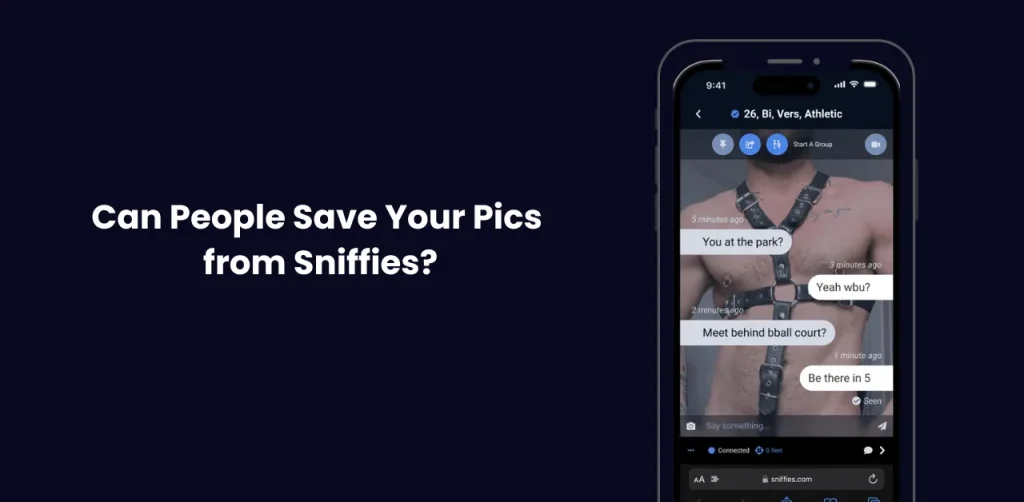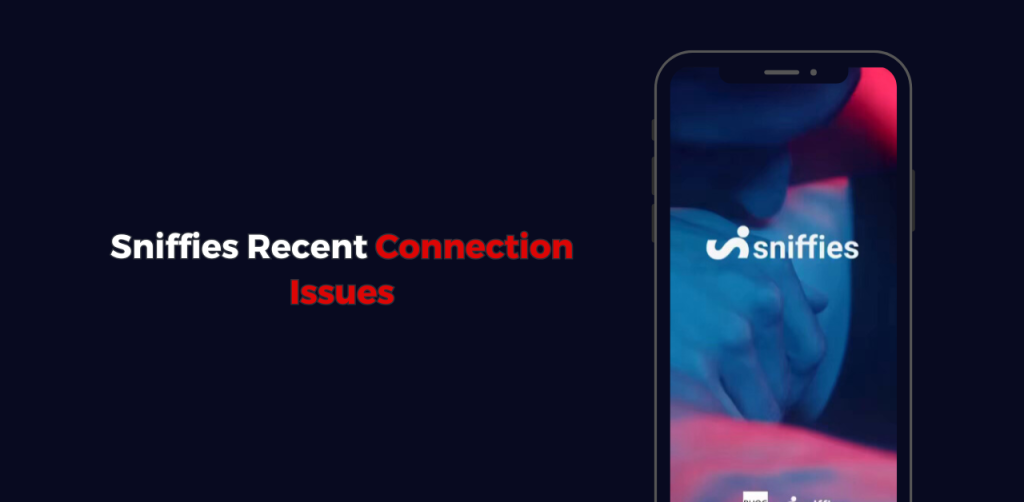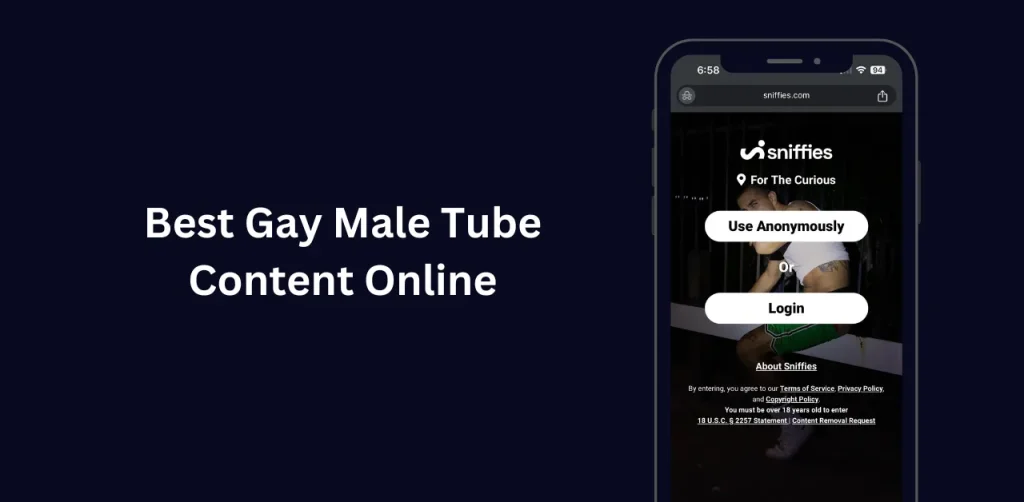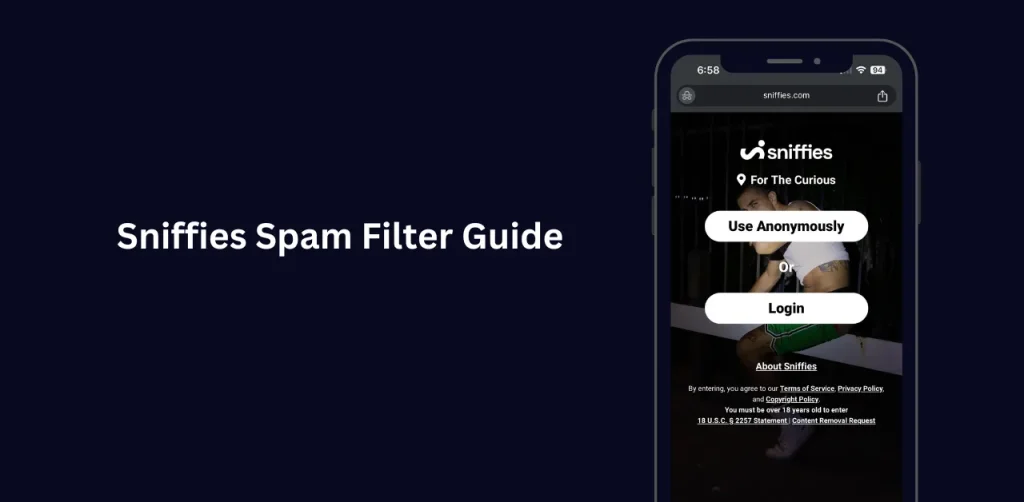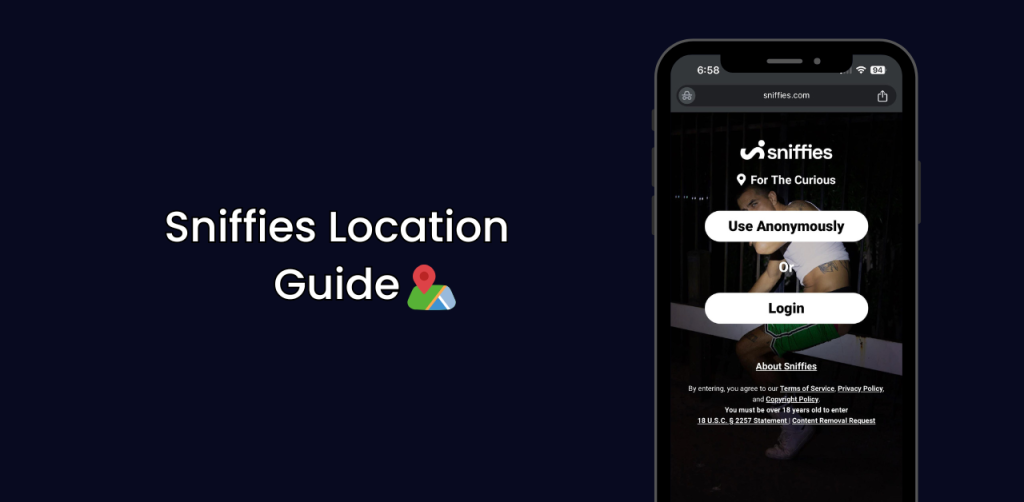Fix Sniffies Error 429 on iPhone
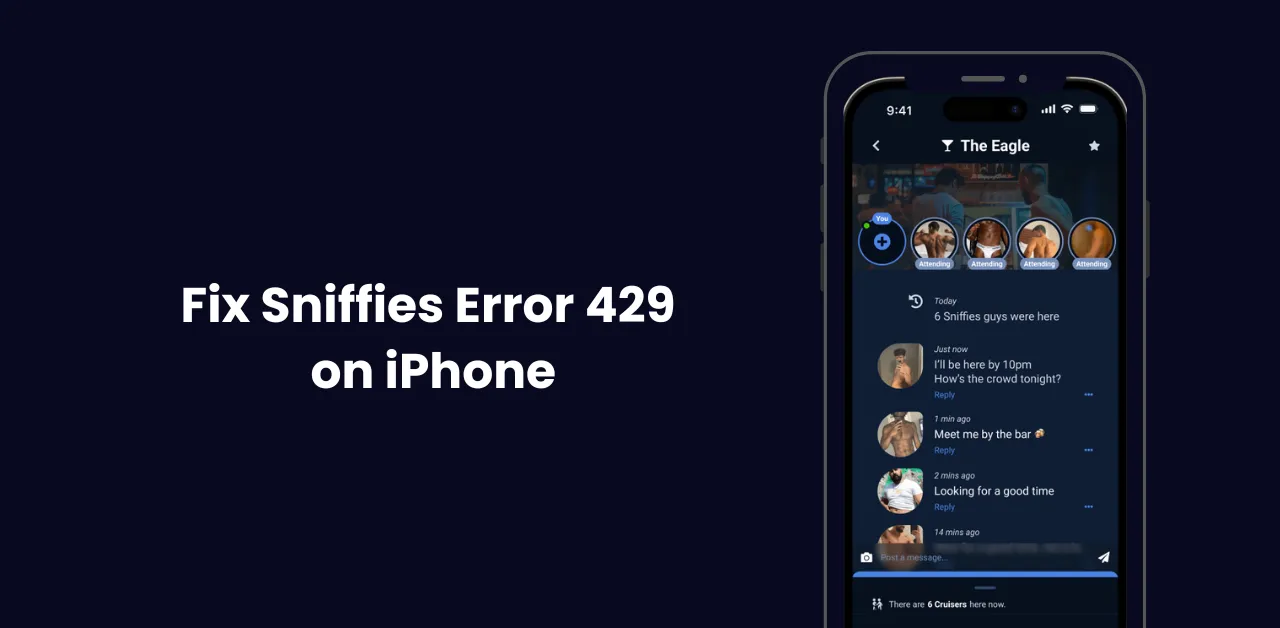
Error 429 on Sniffies can be frustrating for iPhone users, as it often indicates that the application or website is receiving too many requests in a short period of time. This article provides a comprehensive guide to resolving Sniffies Error 429 on iPhone. Follow these steps carefully to ensure a smooth and efficient resolution. in this article, me guide you that how to Fix Sniffies Error 429 on iPhone
What is Sniffies Error 429
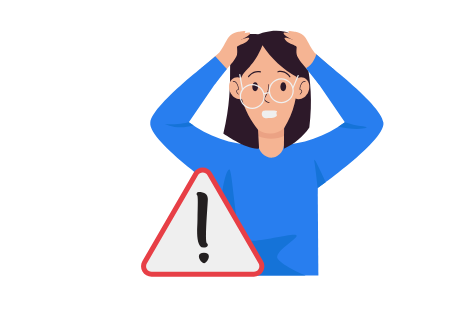
Error 429, commonly known as the “Too Many Requests” error, occurs when the server detects excessive requests from a single user or device. This is typically a protective measure to prevent server overload or abuse. On an iPhone, this error can occur due to multiple reasons, such as frequent refreshing, aggressive browsing, or technical glitches.
Common Causes of Sniffies Error 429 on iPhone

Step-by-Step Guide to Fix Sniffies Error 429 on iPhone

Restart the Application
Close the Sniffies app completely and restart it. This helps clear temporary glitches that may be causing repetitive requests.
How to Restart an App:
Clear Browser Cache (If Using a Browser)
Cached data can sometimes cause repetitive request errors. Clearing the cache often resolves the issue.
Steps to Clear Safari Cache:
If using a different browser, follow the cache-clearing
Check and Reset Network Settings
Unstable network connections can contribute to error 429. Make sure you’re linked to a dependable cellular or Wi-Fi network.
How to Reset Network Settings:
Disable VPN or Proxy

Using VPNs or proxies can make your device appear to send excessive requests due to shared IP addresses. Steps to Disable VPN:
If you’re using a proxy, disable it in the Wi-Fi settings.
Update the Sniffies App
Make sure the Sniffies app is up to date on your device. Developers often provide updates to fix bugs and improve functionality.
How to Update an App:
Wait and Retry
Sometimes, the server may impose temporary rate limits. If none of the above steps work, wait for a few hours and try accessing Sniffies again.
Contact Sniffies Support
If the error persists, it may indicate a server-side issue. Reach out to Sniffies support for assistance. Provide details about the error, including the steps you have already tried.
How to Contact Support:
Preventing Sniffies Error 429 in the Future
- Avoid Aggressive Refreshing: Minimize repeated refreshes of the app or website.
- Use stable Internet connections: Ensure your network is reliable to reduce retry attempts.
- Avoid shared IP addresses: Limit the use of VPNs or proxy.
- Keep Apps Updated: Regularly update the Sniffies app to benefit from bug fixes and optimizations.
- Clear Cache Regularly: Periodic cache clearing can prevent glitches.
What causes Error 429 on Sniffies?
Too many requests sent to Sniffies servers within a short time.
Using a VPN or proxy that shares IP addresses with other users, leading to high traffic.
Suspicious or automated activities detected from your device.
How can I fix Error 429?
Step 1: Wait it out
Stop using the app for 15-30 minutes. Servers may temporarily block requests due to overuse.
Step 2: Restart your iPhone
Turn your iPhone off and back on to refresh connections.
Step 3: Clear Sniffies website data
Navigate to Advanced > Website Data under Settings > Safari.
Search for “Sniffies” and remove its data.
Step 4: Use a different internet connection
Change from cellular data to Wi-Fi or the other way around.
If you’re using a VPN, try disconnecting it.
Step 5: Disable any automated actions or scripts
If you’ve been using browser extensions, scripts, or automated refresh tools, disable them.
Step 6: Contact Sniffies Support
If none of the above works, reach out to Sniffies’ customer support through their website or app for help.
How can I prevent Error 429 in the future?
Avoid refreshing the site or app repeatedly.
Limit heavy or frequent interactions with the service.
Use a stable internet connection and avoid shared VPNs.
Does using a VPN help?
A VPN can sometimes cause Error 429 due to shared IP addresses. If you’re using one, try disconnecting it to see if the error resolves.
Conclusion
Sniffies Error 429 on iPhone can disrupt your experience, but following these steps will help you resolve the issue efficiently. Understanding the root causes and taking preventive measures can ensure a smoother, error-free experience with the Sniffies platform. If the problem persists, don’t hesitate to reach out to their support team for assistance.

